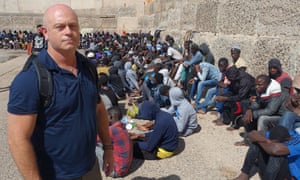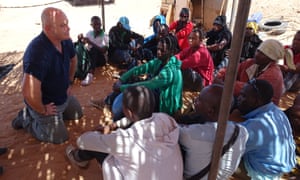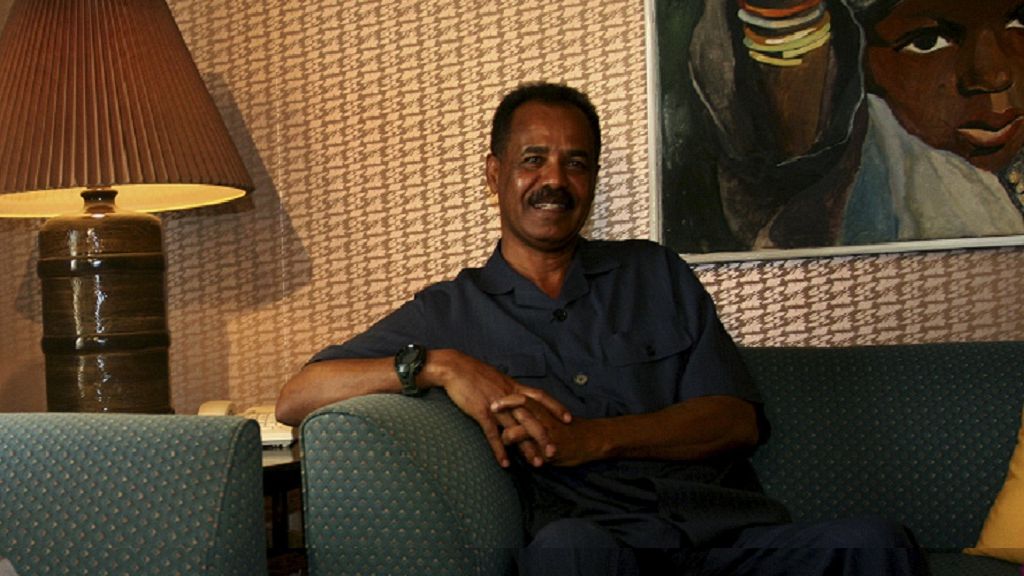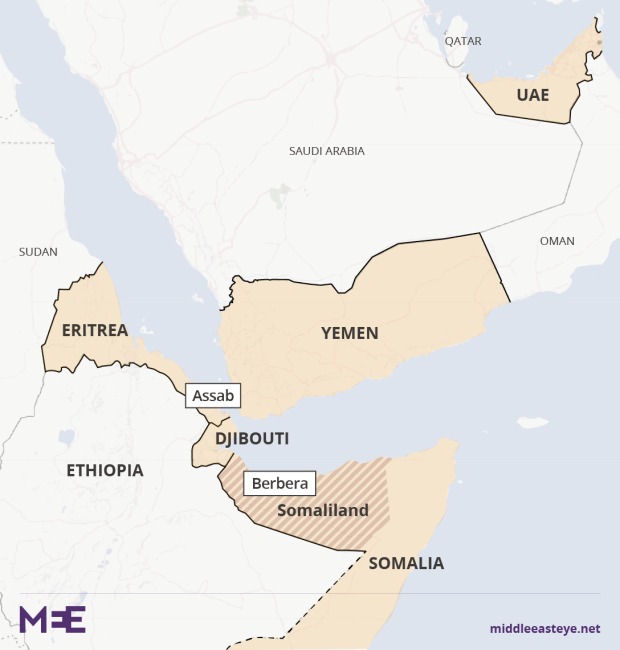Over 1,000 refugees, primarily from Eritrea, traveled to Jerusalem on Thursday from the Holot detention facility in the Negev to plead to the High Court of Justice for political asylum amid threats of deportation.
Wearing laminated Israeli Prison Services identification cards around their necks like scarlet letters, the men gathered in the Rose Garden, across from the Knesset, to protest a pending appeal that could result in their deportations to Sudan, Eritrea, Rwanda, or Uganda.
According to the protest’s organizers, March for Freedom, asylum seekers who have been deported to third-party counties, such as Rwanda, have been systematically sent to Uganda, where they have no legal status, and are at risk of being repatriated back to Eritrea.
“The persecution they face forces our sisters and brothers to continue their search for refuge… where they are trafficked by gangs of smugglers, fall into the hands of ISIS, murderous gangs, and die in the deserts of Sahara and Libya, or at sea,” March for Freedom said in a statement.
“You, the justices of the High Court, are the only ones who have the authority to save Israel from committing the injustice of deporting vulnerable asylum seekers in violation of all international agreements. Our fate is completely in your hands, and we beseech you to carefully consider all of the implications of your decisions, and to make them with the utmost care.”
Tekle Negash, a 21-year-old Eritrean refugee who came alone to Israel in 2012, said he has been incarcerated in Holot for the past three months, where he described the conditions as “horrid.”
Negash, who formerly lived in Tel Aviv, Petah Tikva and Hadera, and supported himself by working menial jobs, said he was sent to Holot after not being able to procure another temporary visa, which refugees must renew every two months.
“When my visa expired, [the government] told me that I had to go to Holot, and that after one year there, if I can’t get another visa, I will be deported,” he said, noting that he is confined to a small cell from 8 p.m. to 8 a.m. with 10 other Eritreans.
“It’s very crowded, and there is only one shower and one toilet for us,” he said. “The food there is very bad, and in the summer it’s very hot, and in the winter it’s very cold. We can leave for 12 hours, but we are not allowed to work.”
Negash added: “I applied for asylum, but I don’t have any hope because most asylum seekers are rejected. So, they told me I will have to go to Rwanda, Uganda, or Eritrea.”
Angesom Zerezghi, 26, also fled Eritrea, coming to Israel seeking political asylum seven years ago. He survived working odd jobs in Tel Aviv, until he was sent to Holot five months ago.
Instead of being deported to Africa, he said he hopes to find refuge in Europe, where he will be safer.
“After seven more months in Holot, I don’t know what will happen to me,” he said. “But if the government forces me to go back to Eritrea, I will die there.”
Amanuel Tsegazab, 26, was sent to Holot three months ago, after living in Eilat, where he worked as a dishwasher at a hotel for seven years.
“When I get out, if I can’t renew my visa, I will be deported, and I can’t go back,” he said, adding that it is difficult to obtain the necessary renewals.
“When you go to the visa place, you wait on line all day, and usually can’t get in and have to come back,” Tsegazab explained.
Jeremay Kehase, 33, has been in Holot for nearly one year, and said he fears for his future.
“I have to leave next month, and I am worried because the government has not accepted my asylum request,” he said.
“I can’t survive in my country.”
Source=http://www.jpost.com/Israel-News/African-refugees-protest-deportations-ask-for-asylum-479710




























